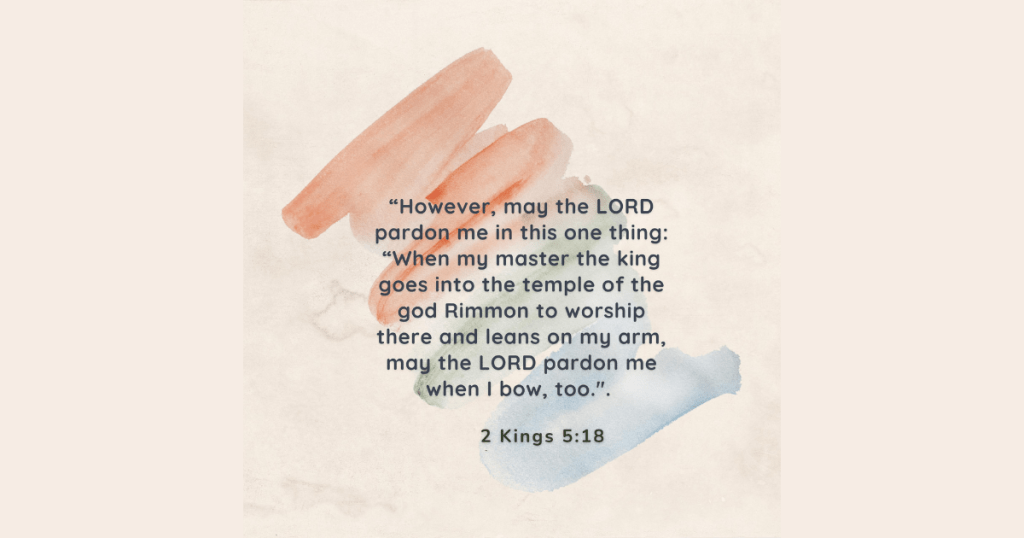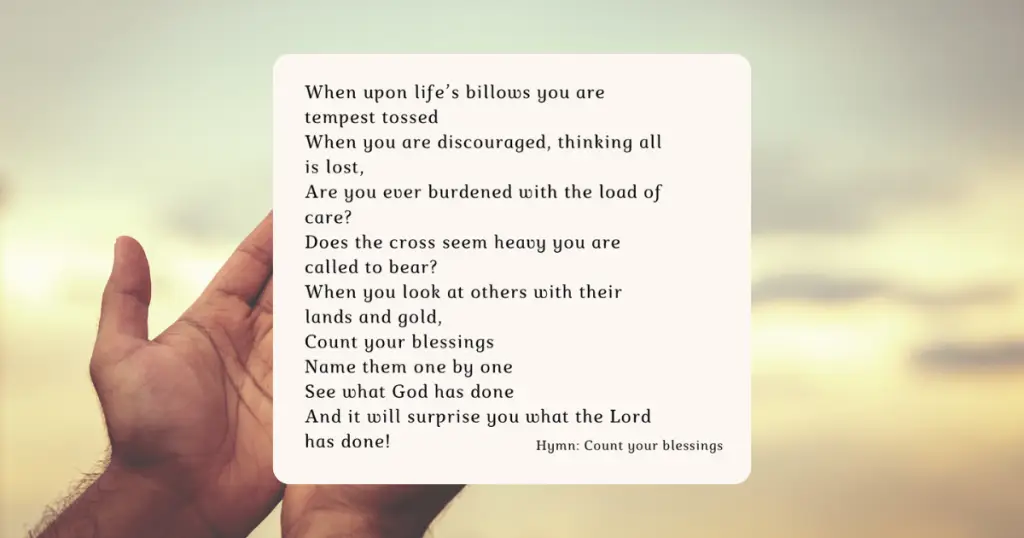I, _________ do take you, _________, , to be my lawful wedded wife/husband. To have and to hold, from this day forward, for better, for worse, for richer, for poorer, in sickness and in health, to love and to cherish, till death do us part, according to God's holy law. This is my solemn vow.
A closer look at the typical marriage vow in should make any serious minded person pause and reflect on the depth of the commitment it entails. Vows are often exchanged in a joyous atmosphere, one filled with excitement, love in the air, and butterflies in the stomach, but they carry a deep, lifelong significance. Every word should be carefully considered before being spoken, especially because, even though we don’t see God physically present among us, He is always there.
In fact, I am of the opinion that anyone preparing for marriage should take the time to reflect on these vows well in advance, to ensure they fully understand and are truly ready for the commitment they are about to make.
We live in a time when divorce is rampant. People switch spouses as easily as changing a car tire. Some argue that divorce is more common today than in biblical times, but I believe it was just as popular back then. It was so common that Moses had to introduce a law to regulate how men treated the wives they no longer wanted.
Deuteronomy 24:1 suggests that men could dismiss their wives for trivial reasons, such as no longer finding them attractive. Things aren’t so different today except that now, both men and women can divorce at will. Still, men often have more advantages when it comes to “finding love” again and again. These days, people give the most trivial reasons for ending a marriage, labeling it as “irreconcilable differences.”
The tolerance for hardship in relationships has become so low that anyone who chooses to stay and work through their challenges is often seen as a fool or a “suffer head” as my people call it. I am not downplaying the real struggles some people face in marriage, some situations are truly difficult. The heart of this message is to remind us, as believers, of our standard. There’s so much we can do before choosing a spouse, and if we take the time to lay the right foundation, we can significantly reduce the divorce rate among believers.
Jesus’ Stance on Divorce
When the Pharisees set out to trap Jesus with His own words, they asked, “Is it lawful for a man to divorce his wife?”. In addressing the issue of divorce, He made it clear that divorce was never part of God’s original plan for marriage. He pointed them back to the beginning, to God’s perfect design for marriage.
From Jesus’ response, we can identify several key features of marriage according to God’s original plan:
- It is meant to be a lifelong commitment, not a temporary contract that can be repudiated over trivial matters. (Matthew 19:6)
- It is a union between one man and one woman. (Ephesians 5:31, Mark 10:8)
- It is between male and female only. (Mark 10:6-8, Genesis 1:27, Genesis 2:24)
- The two become one flesh, not three, not four, and certainly not the countless variations we see today. Can one man truly become “one” with many women? (Genesis 2:24, Matthew 19:5, Mark 10:8).
Why Was Divorce Allowed, and How Did It Come into Play?
Jesus said Moses gave them that precept because of the hardness of their heart. It was permitted to protect women from being treated unfairly. The law of Moses sought to bring some measure of dignity to them.
Deuteronomy 24:1-4 established a process for divorce that ensured that a woman who was sent away had legal proof of her status. This certificate of divorce protected her from being accused of adultery and prevented her former husband from reclaiming her as though she were a possession to be passed around. The law wasn’t meant to encourage divorce but to regulate it in a way that prevented further injustice.
This teaching was so radically different from what the disciples had grown up believing that they found it hard to accept. Their entire understanding of marriage had been shaped by their culture and traditions, where divorce was common.
Upon hearing Jesus’ stance on marriage, his disciples responded in shock, saying, “If such is the case of the man with his wife, it is better not to marry.” (Matthew 19:10). Their reaction reveals just how deeply ingrained the idea of easy divorce was in their society. But Jesus was not calling for what was convenient, He was restoring marriage to its original, God-ordained purpose.
Marriage Is Not For Children
This is why marriage is not for children or the unserious. Before stepping into it, you must fully understand what you’re committing to. Marriage is a lifelong covenant, not a short-term arrangement.
You have all the time to make a choice before saying yes, so use it wisely. Seek God’s guidance, pray, and ensure you are making a decision rooted in wisdom, not emotions or pressure.
Marriage is not something to rush into or take lightly. It requires maturity, responsibility, and an unwavering commitment to honor both God and your spouse.
Two Grounds for Divorce
Jesus made it clear that, under the new covenant, the only permissible ground for divorce is sexual immorality. He said: “I tell you that anyone who divorces his wife, except for sexual immorality, and marries another woman commits adultery” (Matthew 19:9).
For believers, this is the standard. That said, this does not mean that a woman should endure abuse in silence. If her life is in danger due to physical violence, she is not expected to remain in the home and suffer until death. Nowhere does the Bible command a person to remain in a home where their life is in danger. She can separate for her safety while seeking God’s direction, praying for the restoration of the marriage, and for her husband’s transformation. while they are separated, if they are both believers, neither of them is to remarry. (1 Corinthians 7:10-11)
A second Ground for Divorce by Paul in 1 Corinthians 7:15
Paul affirms Jesus’ teaching on marriage and divorce but adds that if an unbelieving spouse chooses to leave, the believer is not bound to the marriage as they were unequally yoked from the beginning. When believers and unbelievers are unequally yoked, it can lead to conflicts in values, priorities, and faith (2 Corinthians 6:14, 1 Corinthians 7:12-15).
However, Paul emphasizes how a believing spouse’s faith and way of life can have a deep impact, sometimes even leading their unbelieving partner to Christ and sanctifying the union (1 Corinthians 7:14-16). He urges believers not to rush into divorce, as their genuine, godly character could be what draws their spouse closer to God (1 Peter 3:1-2, 1 Corinthians 7:16).
If the unbelieving spouse insists on leaving, the believer is not obligated to force the marriage but should approach remarriage cautiously (1 Corinthians 7:35). Paul suggests that remaining single after separation is best as it allows for undivided devotion to God, though remarriage is not forbidden (1 Corinthians 7:32-34).
Paul’s position still circles back to God’s original design for marriage; a lifelong covenant that should not be broken for trivial reasons. While there are complex and painful situations that require wisdom and prayer, the believer is safest following the clear direction of Scripture.
The world may say marriage is temporary, that you can leave the moment it stops feeling good. But as believers, we know better. Marriage was never meant to be a trial-and-error arrangement.
If you’re married, fight for your home. Nurture your relationship. Love your spouse with intention. And if you’re single, don’t just focus on finding the “right person”, become the kind of person who can build and sustain a godly marriage. Before you say I do, make sure you are really ready to ‘do’
At the end of it all, a marriage that honors God isn’t one that’s perfect or without struggles. It’s one where two people choose, every single day, to honor their vows and put Christ at the center. That’s the kind of love story that truly lasts.






